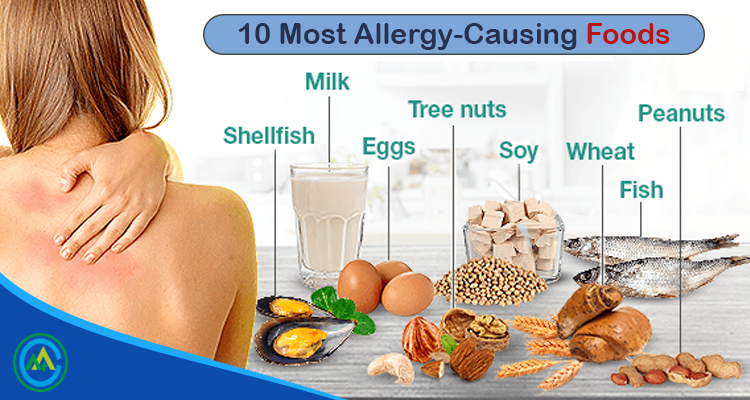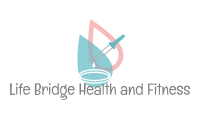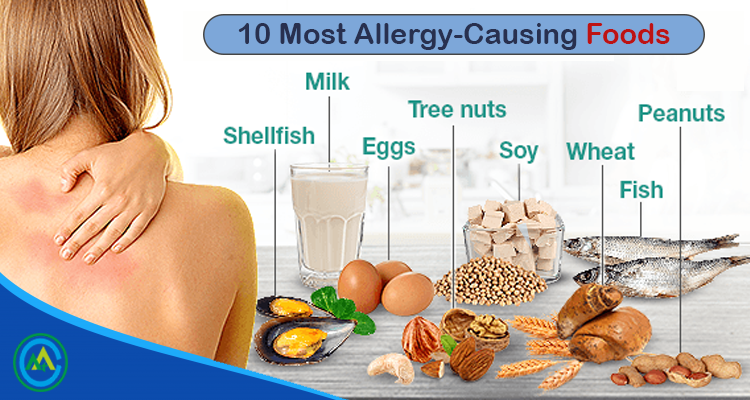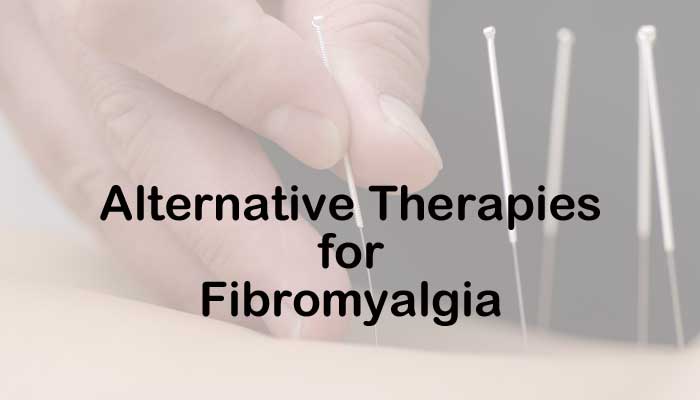 If you suffer from food allergies, then you know how hard it can be to eat a meal without side effects. The following is a list of common causes of food allergies:
If you suffer from food allergies, then you know how hard it can be to eat a meal without side effects. The following is a list of common causes of food allergies:
1) Cow’s Milk – This most often shows up in infants as diarrhea or vomiting, or in adults as diarrhea, vomiting, or upset stomach. Commonly mistaken for Lactose Intolerance.
2) Soy – Although not commonly eaten, soy is a high food allergen. Soy can be found in many products such as soy milk and soy bean.
3) Eggs – Another popular dairy, eggs are one of the highest food allergies in the world.
4) Wheat – Very healthy, however wheat is yet another common food allergy. One should be cautious when eating a wheat product for the first time.
5) Peanuts – You hear it all the time, don’t give peanuts to toddlers! You shouldn’t give your child peanuts until the age of 3, that way their body will be ready for it and won’t create its own food allergy.
6) Tee nuts (walnuts, cashews, etc) – Just like peanuts, your body can create its own allergy to basically any kind of nut.
7) Shellfish – Because of the high iodine count, shrimp, lobster, crabs, mussels, and clams are all in the category. This is a very common allergy in adults and has cause many deaths.
8) Fish – There’s alot of fish that people are allergic to, especially salmon because it contains tons of mercury.
So, how do you treat a food allergy? Well to begin with, if you notice any of the symptoms (tingling mouth or throat, swelling in the face or lips, runny nose, diarrhea, dizziness, itchy skin, or rapid heartbeat), then you should go to your local emergency room ASAP. There is no real cure for any food allergy. You can reduce a food allergy by making sure your food is fully cooked before consuming it. Symptoms of a mild food allergy can be treated with over-the-counter pills that contain antihistamines, but in a severe case… you will need to go to the ER to have adrenalin injected into your body. If you have a severe food allergy, you should carry a kit with you that contains these injections. Remember to take allergy medicine AFTER you have eaten the suspect food, never before… they have no real “protection” value. Or, to avoid your food allergy all together, just don’t eat the suspected food.



